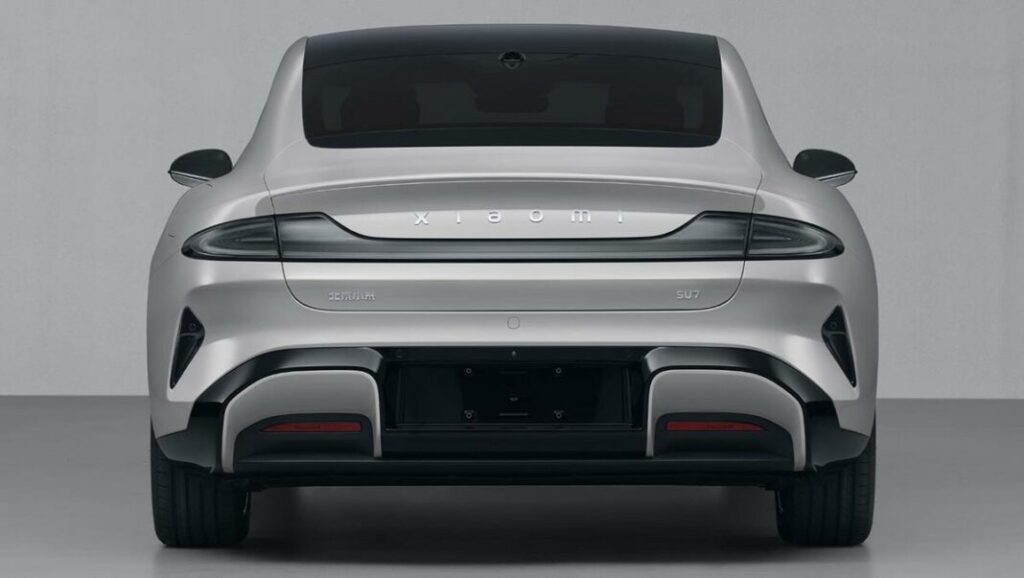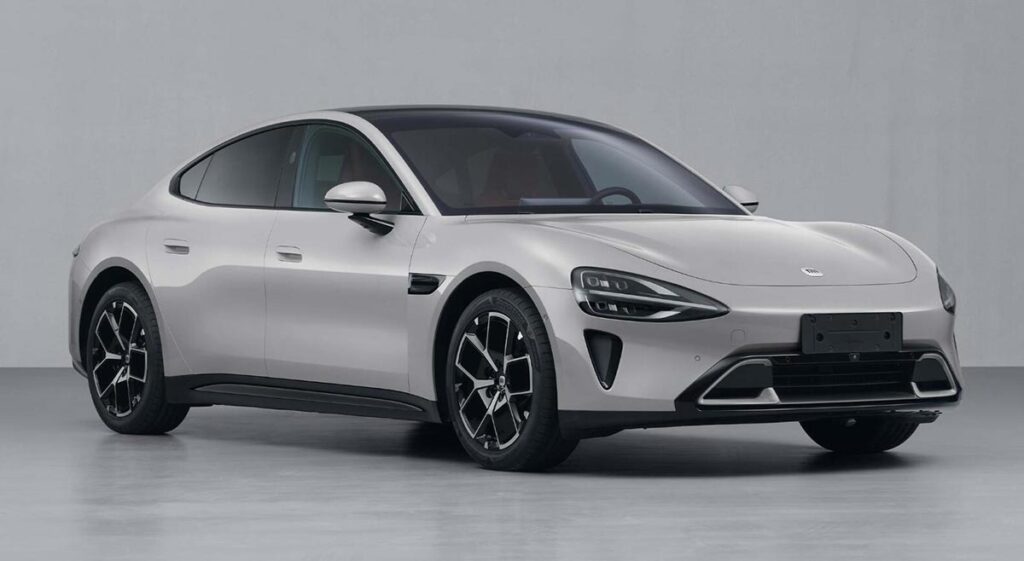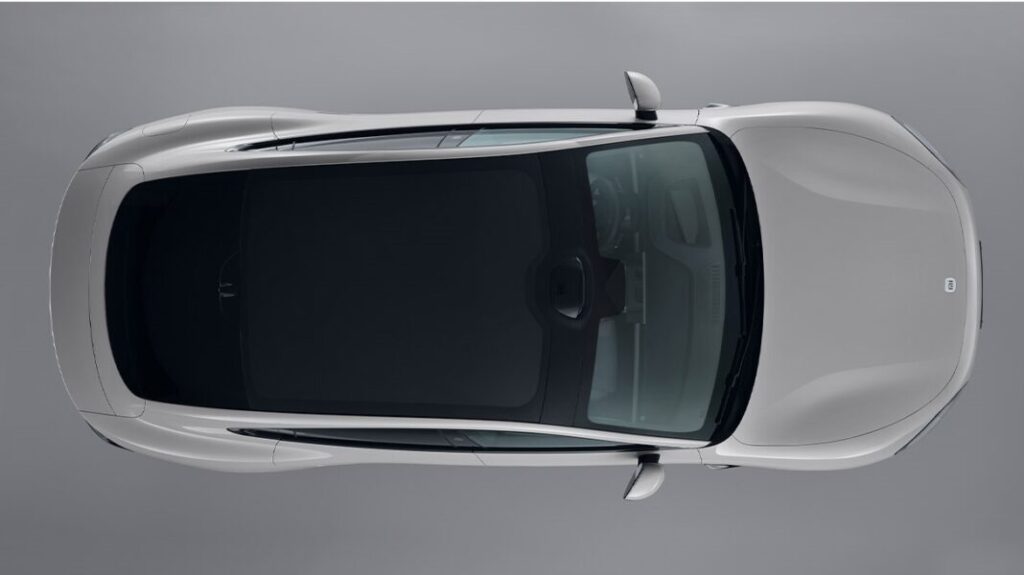
Xiaomi’s entrance into the electric vehicle market with the SU7 Series is stirring up excitement, positioning them as serious contenders against established brands like Tesla. Despite a short wait until the first deliveries, the features and details of these upcoming EVs have already begun to surface. The various car variants set for launch and their unique offerings are garnering considerable interest.
Xiaomi Electric Car SU7: Release Date, Top Speed, and Key Features
The details surfaced through Weibo user @benzene’s post, aligning with a recent regulatory filing in China. As per the MIIT filing, Xiaomi will introduce three variants: the SU7, SU7 Pro, and SU7 Ultra. In terms of performance, the standard SU7 is estimated to reach a top speed of 210 km/h, while the higher-end SU7 Max variant might reach up to 265 km/h. This forthcoming electric vehicle will be fashioned as a sedan.
The leaked information also includes the car’s overall dimensions at 4997 x 1963 x 1455 mm. The source suggests both rear-wheel drive (RWD) and all-wheel drive (AWD) options, boasting a peak motor power of 495kW (220 kW+275 kW). A 3000mm wheelbase and two wheel options (19-inch & 20-inch) have been specified. Additionally, there’s an intriguing option for a Lidar sensor, signaling potentially innovative uses.
As reported by CarNewsChina, the SU7 Series is anticipated to commence customer shipments in February 2024. Mass production is set to kick off in December 2023, with reports indicating that several dozen test vehicles have already been manufactured.
The anticipated highlight of these electric vehicles lies in the integration of HyperOS. Xiaomi envisions this as a “human-centric operating system” that seamlessly links cars, smart home devices, and personal gadgets within a comprehensive “smart ecosystem.” HyperOS, originally developed as Xiaomi’s software for its phones, might now extend its reach to the realm of electric vehicles, providing an interconnected experience across various platforms.


Xiaomi’s SU7 series electric vehicles have been touted as potential game-changers in the competitive Chinese automobile market, despite potential comparisons with established options like Tesla’s lineup. Crafted in collaboration with Beijing Automotive Group Co., a key player in China’s automotive manufacturing, these vehicles hold promise. Beijing Automotive Group Co. is also associated with ventures like Beijing-Hyundai & Beijing-Benz, further bolstering the credibility of Xiaomi’s foray into the electric vehicle space.
The real litmus test lies in the market’s reception to Xiaomi’s SU7 Series Electric Car, particularly its innovative software features driven by HyperOS. What’s your take on Xiaomi’s venture into electric vehicles? Are you intrigued by its design? Share your thoughts in the comments below!







